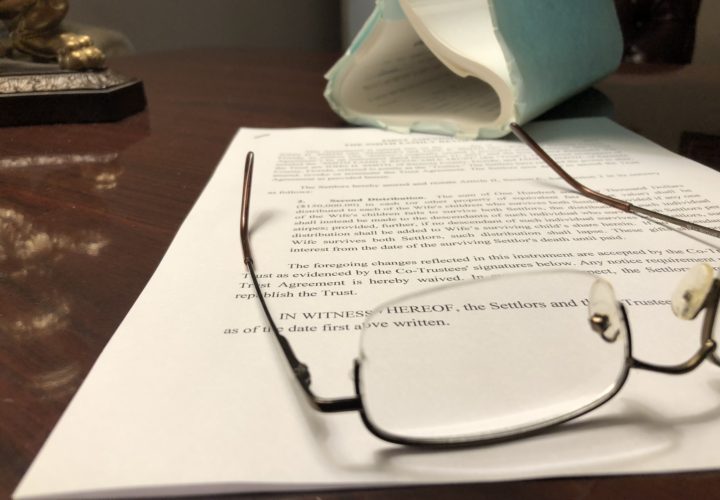Introduction:
Estate planning is a crucial aspect of securing your assets and ensuring that your wishes are carried out after your passing. Many individuals seek various estate planning tools to simplify the transfer of assets to their loved ones while minimizing potential conflicts and expenses. One such instrument that has gained popularity in recent years is the Lady Bird Deed, also known as an Enhanced Life Estate Deed. While this type of deed can offer certain advantages, it also carries risks that individuals should be aware of when considering it as a testamentary instrument. In this article, we will explore the Lady Bird Deed and its potential in the State of Florida.
What is a Lady Bird Deed?
A Lady Bird Deed is a specialized form of deed used in estate planning, primarily for real estate. It allows the property owner to retain control and use of the property during their lifetime while designating a remainder beneficiary who will inherit the property upon the owner’s death, avoiding the probate process. The unique feature of this deed is that it allows the property owner to change their mind and transfer the property to someone else without obtaining the consent of the remainder beneficiary.
Risks Associated with Lady Bird Deeds:
Medicaid Eligibility Concerns:
One of the significant risks of using a Lady Bird Deed arises when an individual requires long-term care and applies for Medicaid benefits. Medicaid has strict eligibility requirements, including limits on personal assets. Transferring property through a Lady Bird Deed may not be treated as a completed gift, potentially jeopardizing Medicaid eligibility.
Flexibility:
Another risk is the lack of planning flexibility inherent in a Lady Bird Deed. Wills and trusts generally address unplanned circumstances such as when one or more of your intended beneficiaries dies before you or becomes incapacitated. Lady Bird Deeds don’t tend to address these unexpected circumstances, and could end up passing to unintended beneficiaries.
Lack of Privacy:
Wills and trusts are inherently private. They are only shared with individuals who have a right to them, and usually only after the death of the creator. Lady Bird Deeds are recorded in the public records. They are available for anyone to see, not just after your lifetime, but from the time they’re signed and recorded.
Tax Implications:
Taxation issues can also arise with Lady Bird Deeds. Depending on the specific circumstances, transferring property through this deed may result in gift tax or capital gains tax implications. It’s essential to consult with a knowledgeable estate planning attorney to assess the tax consequences and explore alternative options.
Creditor Claims:
The Lady Bird Deed does not provide protection against creditor claims. If the property owner has outstanding debts or liabilities, the property may still be subject to creditor claims after their passing, potentially reducing the inheritance intended for beneficiaries.
Legal Formalities:
Lady Bird Deeds are not intended as testamentary documents. They do not require the same formality requirements of Wills and Trusts used in this manner. It is foreseeable that passing property in this manner could be challenged on this basis.
Conclusion:
While the Lady Bird Deed can be a useful estate planning tool, it is not without risks and complexities. Individuals should carefully consider their unique circumstances and consult with an experienced estate planning attorney before using a Lady Bird Deed as a testamentary instrument. A well-thought-out estate plan should take into account the potential risks and benefits to ensure that your assets are protected and your wishes are carried out smoothly.



